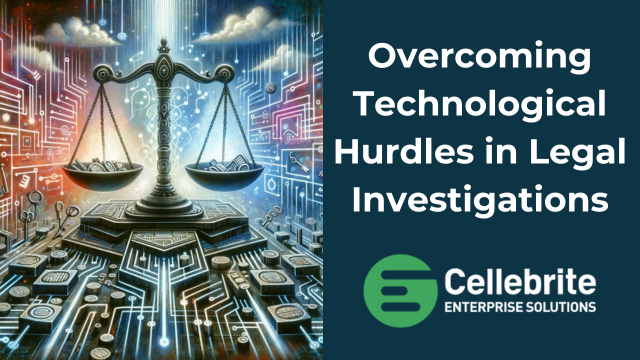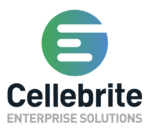
[EDRM Editor’s Note: EDRM is happy to amplify our Trusted Partners news and events. The opinions and positions are those of Monica Harris.]

The rapid pace of technological advancement poses significant challenges in eDiscovery and legal proceedings, particularly when it involves extracting data from a variety of devices. Solutions that fail to evolve alongside the frequent updates of smartphones and their operating systems can significantly hinder the progress of cases right from the onset.
To address these challenges, the legal industry is increasingly adopting more sophisticated technologies and methodologies. Tools capable of adapting to new data formats, social media platforms and encrypted messages are becoming indispensable. Furthermore, the importance of cloud storage solutions and their integration into eDiscovery processes cannot be understated. This integration not only simplifies access to data stored across various online platforms but also enhances the ability to process and analyse this data efficiently.
Deciphering the Extraction Process
The complexity increases when considering the extraction process itself. Legal professionals often face obstacles such as identifying the current state and compatibility of a device, navigating through a web of technical jargon and the lack of streamlined procedures for accessing data even when known passcodes are available. These hurdles can turn decision-making into a highly cautious and problematic task after initiating a connection with a device.
Legal professionals often face obstacles such as identifying the current state and compatibility of a device, navigating through a web of technical jargon and the lack of streamlined procedures for accessing data even when known passcodes are available. These hurdles can turn decision-making into a highly cautious and problematic task after initiating a connection with a device.
Monica Harris, Cellebrite Enterprise Solutions.
The Impact on Legal Outcomes
These challenges not only create procedural delays but also have a direct effect on the outcome of legal cases. The inability to access crucial data promptly and efficiently from a range of devices can significantly impede investigative efforts. This potential bottleneck not only slows down the case progression but could also jeopardize the integrity of evidence, thereby affecting legal strategies and the pursuit of justice.
Adapting to Technological Evolution
A key strategy for success in the private sector involves leveraging eDiscovery solutions that stay in sync with the latest updates across both iOS and Android platforms. Utilizing tools that are up-to-date with the technological landscape enables legal professionals to overcome backlogs and access vital information stored on modern devices efficiently, streamlining the case management process.
Intuitive Tools for Legal Professionals
It’s imperative that these tools not only support a wide range of devices and operating systems but also offer straightforward, intuitive workflows and a degree of automation. Features such as clear paths for data extraction, automated decision-making points and faster processing speeds are essential to empowering legal professionals, facilitating quicker access to evidence and expediting case resolutions.
Conclusion
For legal professionals in eDiscovery, adopting solutions that effortlessly integrate with the continually evolving software environments of iOS and Android is crucial. These advanced tools should simplify the process of data extraction and analysis, ensuring the integrity of evidence and aiding in the swift resolution of cases. The goal is to harness technology not just for its own sake, but to elevate the efficiency and effectiveness of legal investigatory work, ultimately serving the pursuit of truth and justice.
An eDiscovery solution that not only accommodates but anticipates the needs of modern legal examinations—including pioneering support for the latest devices and operating systems, accompanied by user-friendly extraction procedures—can make all the difference. It’s about translating technological capabilities into legal successes, thereby advancing the practice of law in the digital age.
Want to learn more about this solution? Explore how Cellebrite Enterprise Solutions and Cellebrite Inseyets for Enterprise can help your organization streamline its eDiscovery process.


